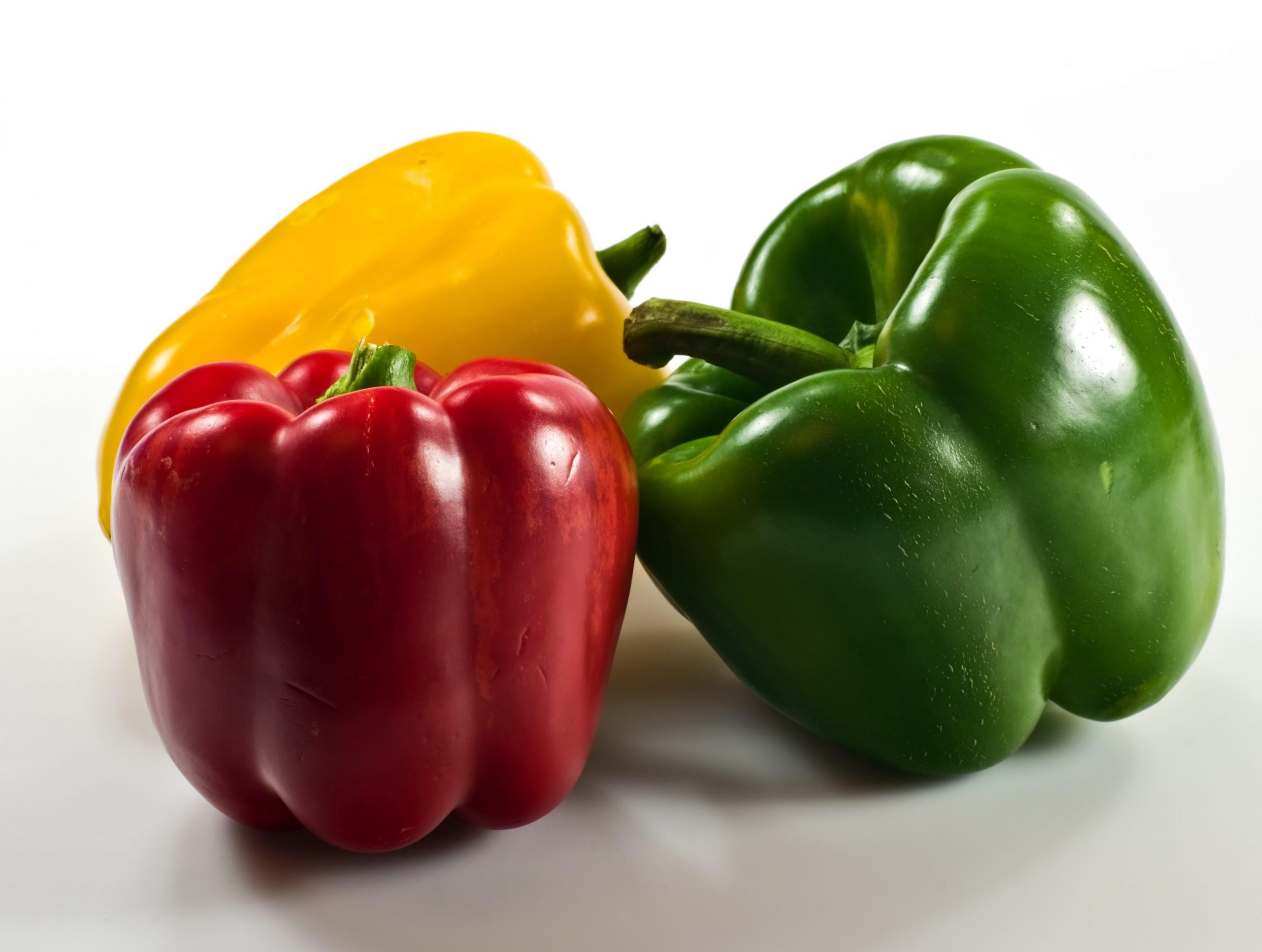Best Fertilizers for Peppers: Boost Growth and Taste with Our Top Picks
Best Fertilizers for Peppers: Boost Growth and Taste with Our Top Picks
Blog Article
Organic Vs. Synthetic Fertilizers: Which Is Best for Supporting Healthy Pepper Plants?
In the realm of supporting healthy pepper plants, the choice between organic and artificial plant foods stands as a pivotal choice with far-ranging ramifications. While both alternatives objective to offer crucial nutrients to support plant development, the subtleties of their impact on the soil, plant wellness, and the atmosphere spark a dispute that echoes throughout the horticulture neighborhood. Comprehending the unique benefits and potential mistakes of each plant food kind is important for pepper cultivators looking for to maximize their returns while keeping an eco-conscious and lasting strategy.
Advantages of Organic Fertilizers
Organic plant foods supply a sustainable and environmentally-friendly approach to nourishing pepper plants, providing vital nutrients without using synthetic chemicals. These natural plant foods are derived from natural sources such as compost, manure, bone meal, and seaweed, advertising soil wellness and biodiversity. Unlike synthetic fertilizers, organic options launch nutrients slowly, making certain a constant and well balanced supply for pepper plants to thrive.
One substantial benefit of natural fertilizers is their ability to improve dirt structure and water retention. By improving dirt health, natural fertilizers advertise valuable microbial task, which assists in nutrient uptake by pepper plants. In addition, organic fertilizers decrease the threat of chemical run-off, protecting water sources from pollution and protecting the setting.
Additionally, organic plant foods contribute to long-term soil fertility by promoting the growth of helpful dirt microorganisms. These organisms help break down raw material, launching nutrients in a type that is conveniently obtainable to pepper plants. best fertilizers for peppers. By cultivating a healthy and balanced dirt environment, natural plant foods support sustainable pepper cultivation techniques that benefit both plants and the setting
Drawbacks of Artificial Plant Foods
Artificial plant foods, in contrast to their organic equivalents, present numerous drawbacks when made use of to nourish pepper plants, impacting both plant wellness and environmental sustainability. One significant disadvantage of artificial plant foods is their tendency to seep nutrients from the soil rapidly.
In addition, the overuse of artificial plant foods can add to water contamination. Excess plant foods not absorbed by plants can wash away right into water bodies, bring about eutrophication, where algae flowers deplete oxygen degrees in the water, hurting marine life. Synthetic fertilizers are commonly acquired from non-renewable sources, such as fossil gas, adding to carbon exhausts and ecological deterioration throughout their manufacturing.
Nutrient Absorption Comparison
When contrasting artificial and organic fertilizers in terms of nutrient absorption, organic fertilizers have the advantage of giving a much more balanced and slow-release resource of nutrients. Organic plant foods include a range of macro and trace elements that are not only useful for the plants however also advertise healthy and balanced dirt microbial activity, which aids in nutrient uptake.
Additionally, organic plant foods enhance dirt structure and water retention capability, permitting pepper plants to gain access to nutrients much more efficiently. This improved soil quality helps with origin growth, making it possible for much better nutrient absorption. Artificial fertilizers, although originally enhancing plant development due to their high nutrient concentrations, might hinder long-term nutrient absorption by derogatory dirt health like this and wellness over time.
Environmental Effect Considerations

On the other hand, artificial fertilizers, although commonly even more concentrated and instantly offered to plants, can have damaging impacts on the setting if not applied appropriately (best fertilizers for peppers). Their production calls for high power inputs, leading to greenhouse gas emissions and adding to environment adjustment. The runoff of excess synthetic plant foods can contaminate water sources, leading to eutrophication and damaging marine ecological communities.
Best Fertilizer Practices for Peppers
To accomplish this, it is vital to comply with finest fertilizer techniques customized to the specific demands of pepper plants. One critical method is to execute a dirt test prior to applying any type of fertilizers.
An additional important practice is to fertilize pepper plants at the best time. Generally, peppers benefit from obtaining fertilizer at growing and afterwards once more when they begin to blossom. Over-fertilizing can lead to nutrient inequalities and hurt the plants, so it is vital to comply with advised application prices.
Additionally, picking a balanced fertilizer with an NPK ratio that matches pepper plants' needs is fundamental. Organic fertilizers, such as compost or manure, can be outstanding choices as they release nutrients slowly and boost dirt framework with time. However, artificial plant foods can offer a quick nutrient boost when needed. Eventually, combining natural look at here and synthetic fertilizers judiciously can assist nurture healthy and balanced pepper plants while lessening ecological influence.
Conclusion

Organic fertilizers offer a sustainable and environmentally-friendly approach to beneficial pepper plants, providing crucial nutrients without the use of artificial chemicals. Unlike synthetic fertilizers, organic alternatives release nutrients gradually, guaranteeing a well balanced and steady supply for pepper plants to grow.
Synthetic fertilizers, in comparison to their organic equivalents, position different drawbacks when utilized to nourish pepper plants, affecting both plant wellness and ecological sustainability. When comparing organic and synthetic plant foods in terms of nutrient absorption, natural plant foods have the advantage of providing a much more well balanced and slow-release resource of nutrients.Moreover, organic fertilizers boost soil framework and water retention capacity, enabling pepper plants to accessibility nutrients much more efficiently.
Report this page